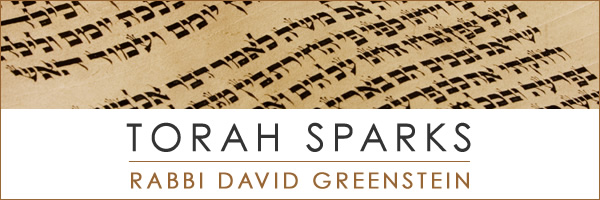Parashat B’har
Leviticus 25:1 – 26:2
The Torah presents a radical plan for social justice and equality in this portion. It mandates a cycle of Sabbatical years every seven years, and Jubilee year every fiftieth year. These special years are times of redistribution of wealth so that social inequalities are leveled. Property is restored to its original owners. Indentured servants are freed.
In the context of this broad vision it is instructive to notice one word used by the Torah, over and over, when referring to the inter-relations between the “haves” and the “have-nots” in Israel. The word is “`imakh – with you.” Thus the Torah states: “Should your brother with you become impoverished …” (Lev. 25:35, 39, etc.) It goes on to describe a situation in which the wealthy citizen becomes the master of the poor citizen. The Sabbatical year will guarantee that such a situation will not persist forever.
But the force of the word, “with you” goes beyond legal provisions of debt relief. It signals that we are all connected to each other. We all belong to a greater family. Your brother, though poor, is “with you.”
Moreover, the Hebrew syntax allows us to place that word, “with you” at the end of the phrase, rather than at the beginning. Then it reads: “Should your brother become impoverished with you…” The message is that, even though you are well-off, the economic troubles of your brother apply to you, as well. The poverty is “with you.”
One way to read this is to understand that any situation which brings about the mastery of one person over another is not merely a misfortune for the servant. It impoverishes the master as well. The impoverishment is “with you” also. As our Sages have taught: “Anyone who acquires a servant has really acquired a master over themselves.” (BTQiddushin 20a)
This, in turn, should motivate us to think about how we are involved in running our society. Are our economic policies effective in eradicating or, at least, easing poverty? Or are they designed for the wealthy, only or primarily? If the latter is the case, then the impoverishment of your brother is “with you” – it is your doing. If the former is the case, then your brother’s misfortune must be “with you” – your concern. It is your responsibility to try to help.
Shabbat Shalom,
Rabbi David Greenstein
![]()
Subscribe to Rabbi Greenstein’s weekly d’var Torah
- Toby Stein: In Memoriam - Thu, Feb 8, 2024
- Faithfulness and Hope: Parashat Sh’lach - Thu, Jun 23, 2022
- Past Their Prime: Parashat B’ha`a lot’kha - Thu, Jun 16, 2022

